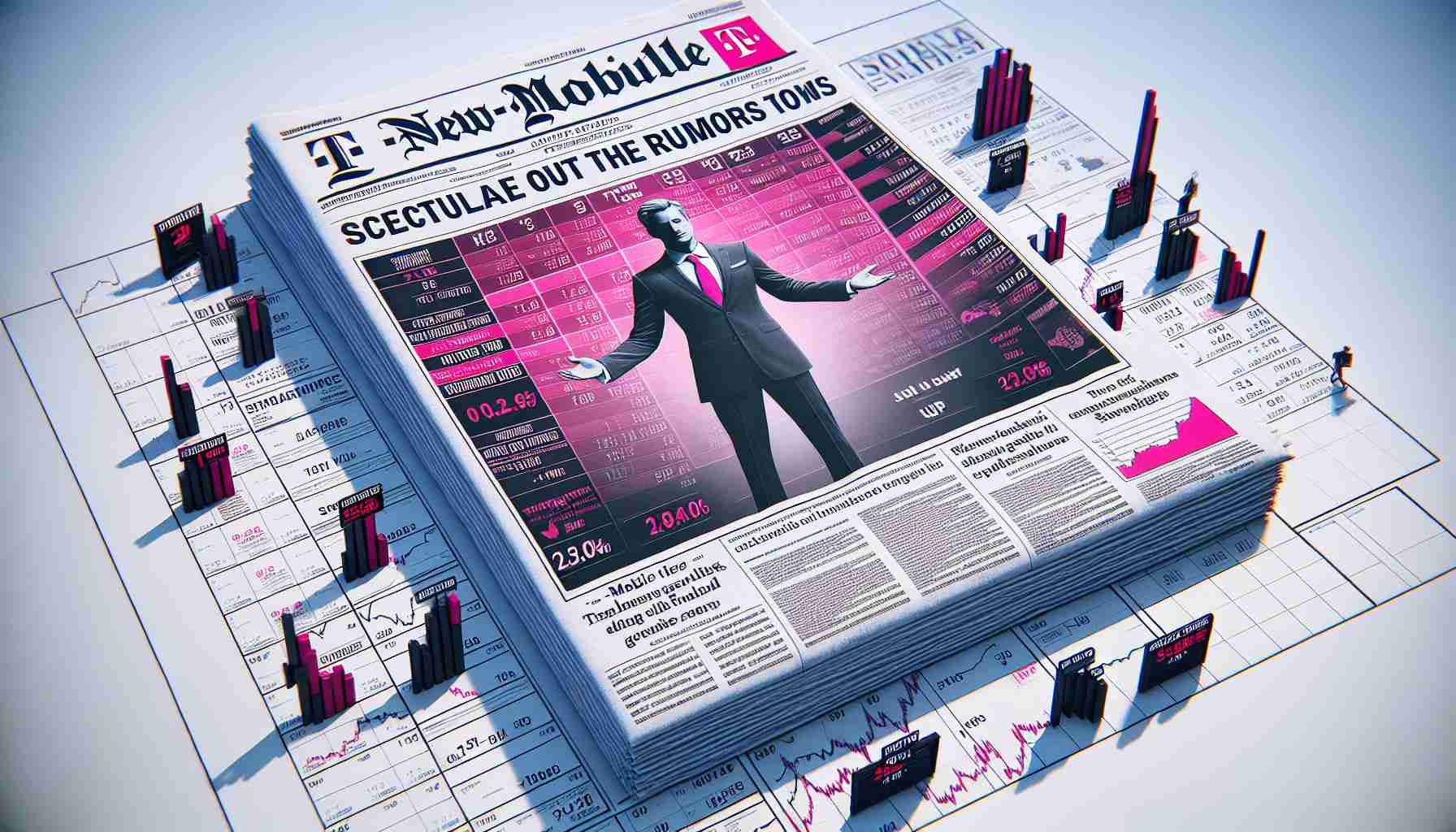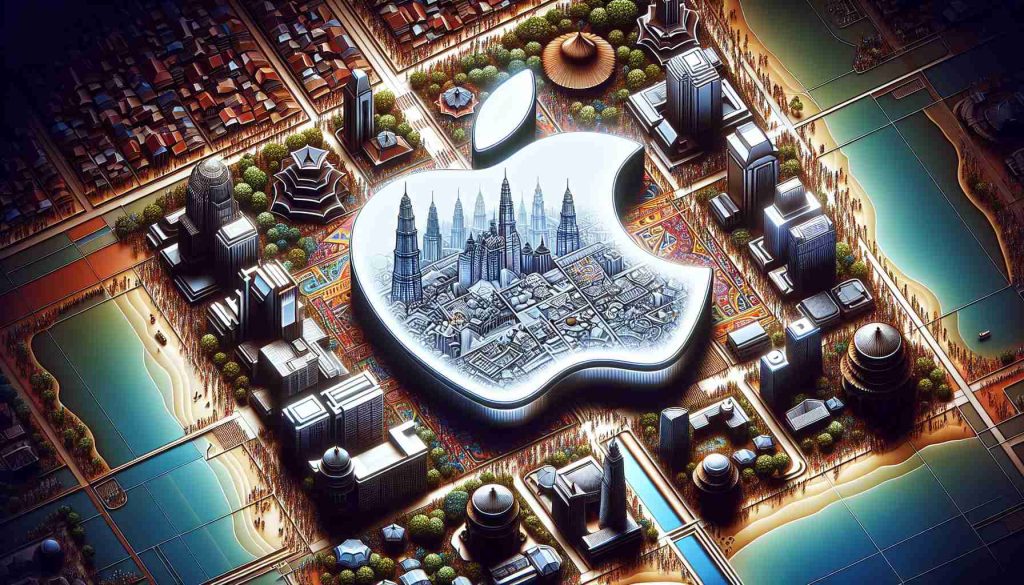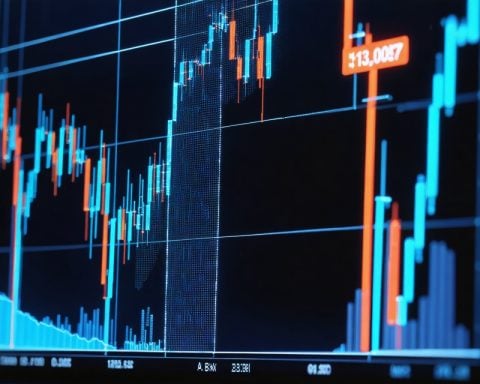Shares of Nokia, listed in the United States, experienced a significant increase of about 5% in after-hours trading on Tuesday. This surge came shortly after T-Mobile clarified that the telecommunications giant will continue its partnership with Nokia, contradicting an earlier analyst report that suggested otherwise.
The day began with a setback for Nokia’s shares, which fell by approximately 7%. The decline was triggered by assertions made by Earl Lum of EJL Wireless Research. In a LinkedIn post, Lum speculated that T-Mobile might potentially drop Nokia in favor of its Swedish rival, Ericsson, due to allegedly superior performance.
Despite these claims, T-Mobile issued a statement affirming the strength and continuity of its collaboration with Nokia. T-Mobile emphasized that they have no plans to change their relationship with the Finnish company. The telecommunications giant highlighted its successful history of working with both Nokia and Ericsson to build what it claims is the largest and fastest 5G network in the United States.
This situation unfolds in the context of previous industry shifts. For example, last year, AT&T, another major player in the telecom sector, chose Ericsson over Nokia to develop a network expected to handle 70% of its wireless operations in the U.S. by 2026. This decision marked a reduction in Nokia’s North American influence, spotlighting the competitive tensions between these industry titans.
Nokia vs. Ericsson: The Battle for 5G Supremacy and Its Global Impact
In the competitive world of telecommunications, Nokia and Ericsson continue to vie for dominance, especially in the critical realm of 5G technology. Recent shifts in partnerships and market strategies have not only affected these corporate giants but have also had significant implications for communities, countries, and the future of global connectivity.
One interesting aspect of this tech rivalry is how it influences global 5G network deployment. Both Nokia and Ericsson are leading players in this field, and their competition drives innovation. However, it also presents a dilemma for telecom operators worldwide: should they choose Nokia’s Finnish precision or Ericsson’s Swedish innovation?
A particularly intriguing factor is the geopolitical impact. As 5G becomes the backbone of modern communication, countries are keen to secure their networks against potential cyber threats. This has led to increased scrutiny over which companies provide the networking infrastructure. In this scenario, the competition between Nokia and Ericsson can be seen as a strategic choice, beyond just performance metrics.
Advantages and Disadvantages:
The rivalry between these telecom giants has its set of pros and cons. On the positive side, competition fuels technological advancements and cost reductions. Consumers often stand to benefit from improved services and lower prices. Moreover, as these companies strive for dominance, they enhance their products, which can lead to more robust and reliable network solutions.
Conversely, there are downsides. Constantly shifting allegiances among telecom operators can lead to inconsistencies in network quality. For example, if an operator frequently changes partners, network infrastructure may suffer from integration issues and outages, directly affecting end-users. Additionally, smaller players might struggle to compete against such titans, potentially stifling innovation from new entrants.
Questions Worth Asking:
1. How can smaller telecom players compete with giants like Nokia and Ericsson?
While tough, smaller companies can thrive by focusing on niche markets or disruptive technologies that the larger firms might overlook.
2. What does this competition mean for the end consumer?
Ideally, consumers will benefit from improved service quality and reduced costs, but they may also face service disruptions if network integration issues arise.
For further insights into the telecommunications industry and the ongoing 5G developments, explore Nokia and Ericsson to understand how these companies are shaping the future of connectivity.
In conclusion, the interplay between Nokia and Ericsson has a broader impact than just corporate sales figures. It influences national security policies, consumer tech availability, and the pace at which new innovations are adopted worldwide. As these companies continue to evolve and compete, the global landscape of telecommunications will undoubtedly transform in unprecedented ways.






















